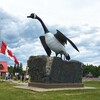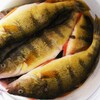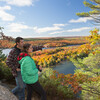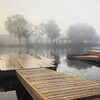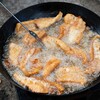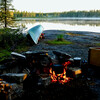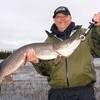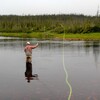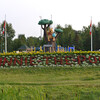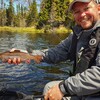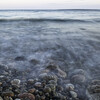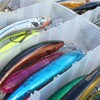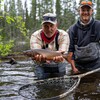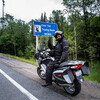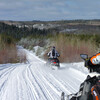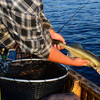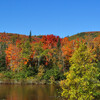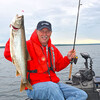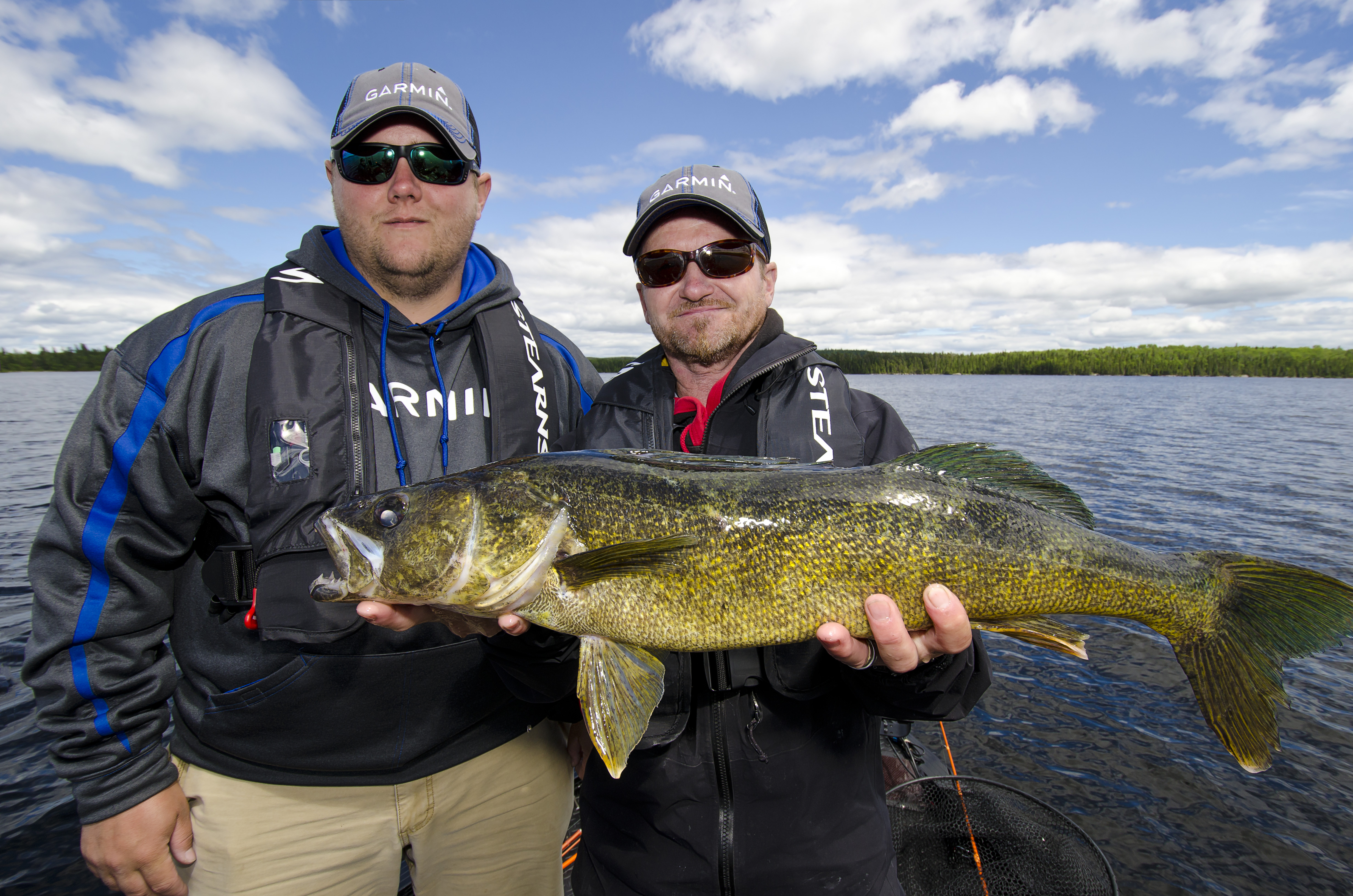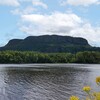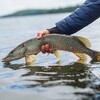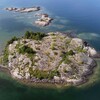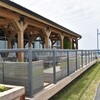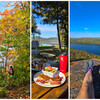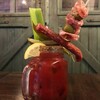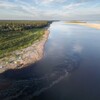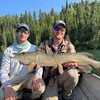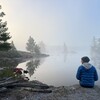
Picking a Fishing Camp
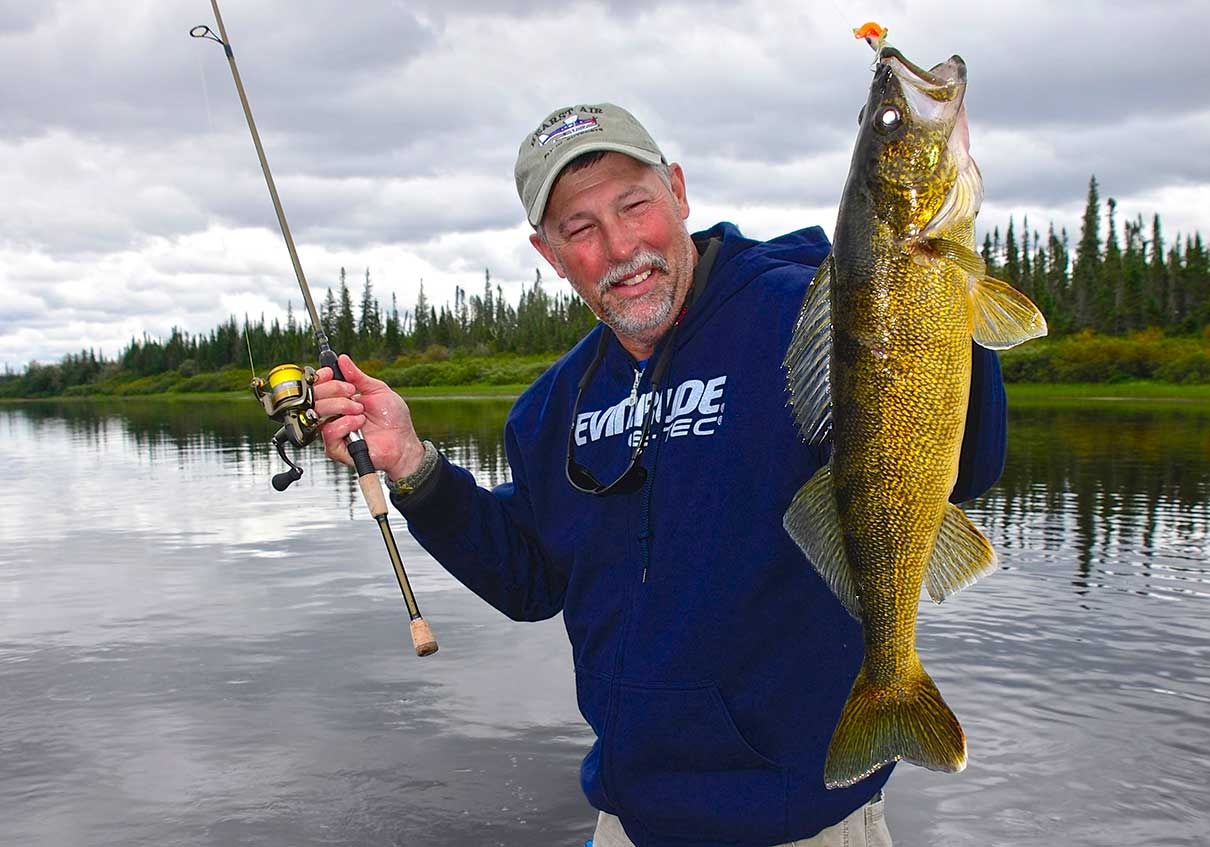
Early in the year is the ideal time to start thinking about Spring, warm Summer days and planning for those annual fishing adventures. Scattered across Ontario's Algoma Country are literally hundreds of noteworthy fishing destinations. Figuring out which one is best for your group or fishing ambitions is the 98-cent question.
Every winter, I'm asked over and over again by anglers looking to head north to Ontario, How do I pick a fishing lodge? The answer to that question kind of depends. To pick the ideal fishing destination, an angler needs to know what species of fish they are interested in targeting, the services in a fishing camp they are looking for, and the best times of year to target key species.
Armed with these ideas, the search for a good fish camp often starts the old-fashioned way, by word of mouth.
Word Of Mouth
Even in the "digital age," one of the best ways to ferret out great fishing destinations is through word of mouth and the recommendations of trusted anglers who have visited a lake or lodge before you. Literally, every outfitter in Ontario's Algoma Country provides their potential customers with a list of referrals upon request. Taking the time to call or email these individuals is a step in the right direction.
Several questions come to mind when I'm interviewing someone who has fished a lake or lodge I'm interested in visiting. Number one, I want to know what time of year they fished. Fishing is such a seasonal experience that it's critical to make sure your visit coincides with prime fishing times. Even the best lake is going to disappoint if you plan a visit at the wrong time of year.
Secondly, I'm interested in what species they caught. A lot of Ontario lakes produce fishing opportunities for a host of species, but most lakes tend to offer up better fishing for certain or select species. For example, a lake that supports great lake trout or brook trout fishing isn't likely to also harbour world-class walleye fishing.
Anglers have the responsibility of selecting a lake that is known best for the species they want to target. While variety may be the spice of life, when it comes to picking good fishing lakes, I recommend zeroing in on lakes that have a good reputation for one or perhaps two species.
Thirdly, I like to see as many pictures as possible of the fish that were caught. A photograph tells me not only the species, but the relative size of the fish caught and also indicates the abundance of fish a particular lake routinely produces.
Fourth, I tend to take things with a grain of salt. Fishermen have a tendency to exaggerate (imagine that) and also to promote what they feel is a good fishing lake. I rarely book a fishing trip based on the advice of one angler. When several anglers start recommending the same spot, same species and same time of year, I'm much more likely to investigate that destination as a potential fish camp.
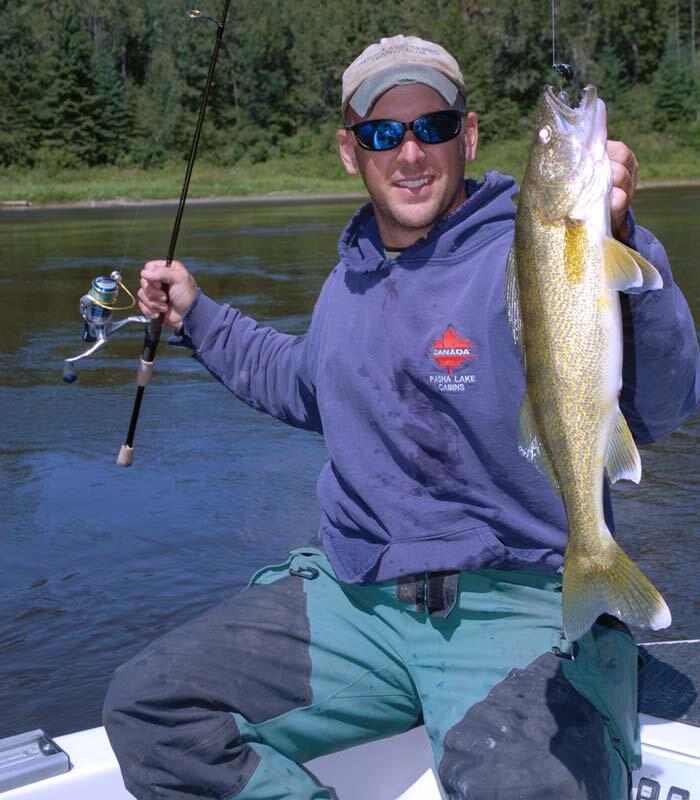
Electronic Searches
Thanks to the internet and social networking sites, it has never been easier to research potential fishing destinations. The beauty of searching electronically is that it's easy to see which sites pop up at the top of the search engines and also which sites are visited the most.
A good place to start is the www.algomacountry.com page. From here, you can click on a number of independent sites that provide drive-to, train-to or fly-in fishing packages.
Fly-in Or Drive-to
It's generally accepted that fly-in fishing camps offer better fishing than drive-to camps. On this point, I respectfully disagree. Ontario has done a magnificent job of managing its sport fishing resources over the last 20 years. There are literally hundreds of drive-to lakes an angler can visit and enjoy outstanding fishing these days.
For anglers who own their own boats, I strongly encourage them to consider a drive-to destination. Chances are, your personal fishing boat is going to be larger, more comfortable and better equipped than the boats provided in the typical fly-in camp. There is a lot to be said for fishing with quality gear, and generally speaking, fly-in camps provide smaller boats and fewer amenities like fishing sonar, electric motors, live wells, swivel chairs, etc.
In short, an angler who is skilled at finding and catching his or her favourite species is going to find little trouble zeroing in on great drive-to fishing lakes in Algoma Country.
Fly-in fishing camps are also a great fishing option and an even greater adventure. What attracts me to fly-in camps isn't so much the quality of the fishing, but rather the solitude, the opportunity to explore waters rarely fished by others and the challenge of finding and catching fish on lakes that are effectively uncharted.
There is just something special about a group of anglers sharing a remote wilderness cabin and partaking in the timeless tradition of fishing as the ultimate fellowship experience. A fly-in trip is an ideal place to get away from modern life and focus on something way more important: relationships.
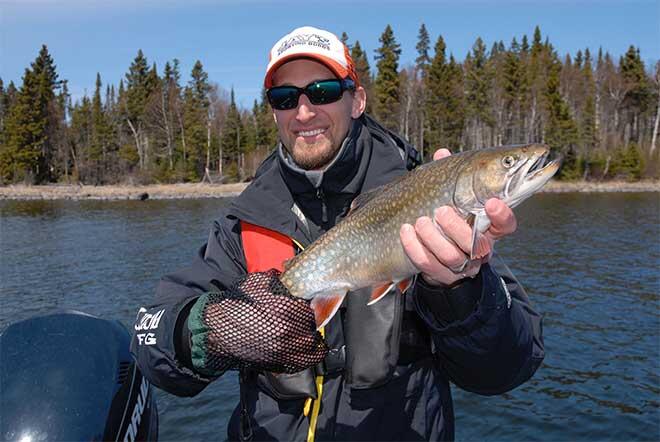
It's also important to note that fly-in camps range in the services they offer from spartan, bare-bones operations to trips fit for a king. If you're looking for creature comforts, one of the American Plan camps that provide meals, housekeeping service, guides, etc., is going to be the way to go.
If, on the other hand, you're looking for a "do it yourself" experience, I'd suggest zeroing in on a lake that features just one camp. Finding yourself the only group on a lake is a special experience. Achieving this goal is typically only going to happen on a wilderness outpost fly-in lake.
The good ole days of fishing are here and now, anglers can expect to enjoy more and bigger fish all across the region.
Other Good Indicators
One of the problems with fish camps is that not everyone agrees on what makes a good one, and not everyone is fair in how they evaluate a camp. An angler can land at a great camp, but the weather makes for lousy fishing during the stay. Chances are that person is not going to give the camp a fair assessment when questioned by other anglers.
Again, that is precisely why when I'm researching a particular lake or lodge, I'm looking for the opinions and comments of several different people.
Lodges that have been in business for a very long time are safe bets when it comes to picking a fish camp. Across Ontario, there are dozens of resorts that are family-owned. Many of these operations have been in business long enough to have served two or even three generations of visiting anglers.
Camps like this tend to get the majority of their customers through repeat business and word-of-mouth endorsements. Advertising to attract new customers is not as important to camps that routinely send their clients home happy and looking forward to next year's visit!
Summing It Up
Across Ontario's Algoma Country, an angler could fish a lifetime and never come close to experiencing all the great fishing waters this region has to offer. Walleye, northern pike, lake trout, brook trout, smallmouth bass and more, Algoma Country is a dream come true for anyone who lives to fish or for those who fish to make life more meaningful.
Recommended Articles
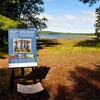
The Group of Seven in Algoma

9 Facts to Know about the Agawa Canyon Tour Train
